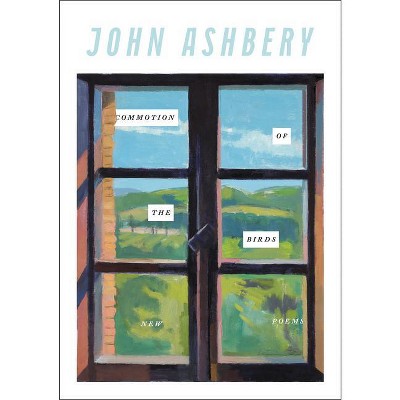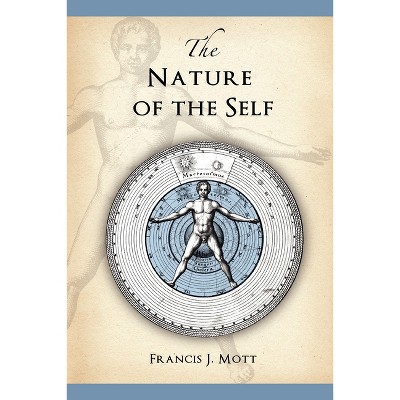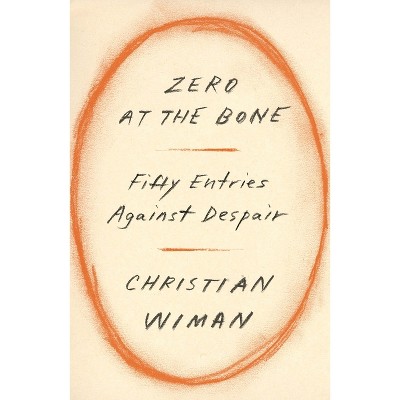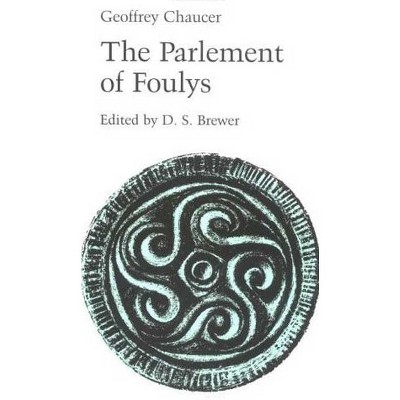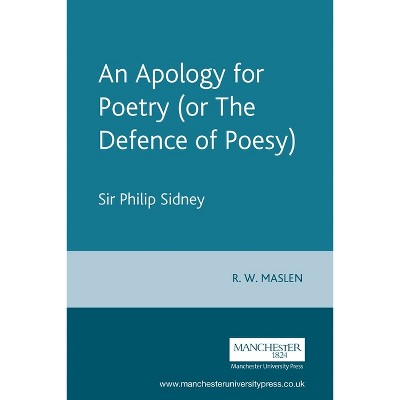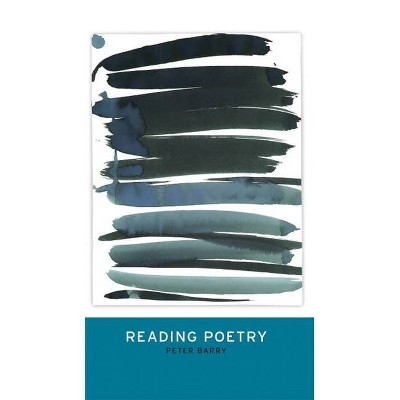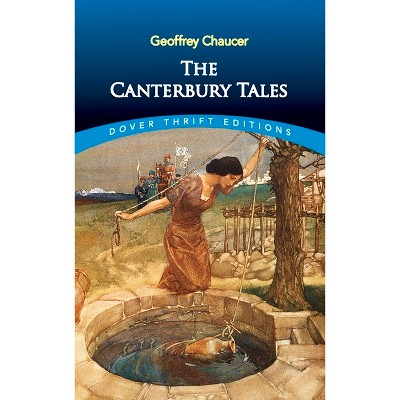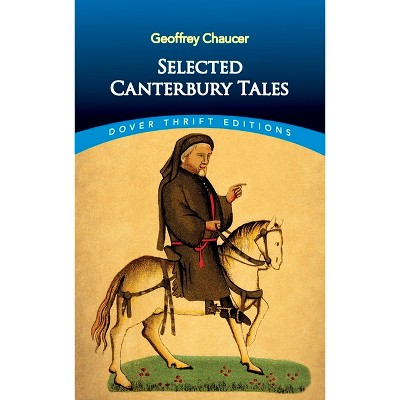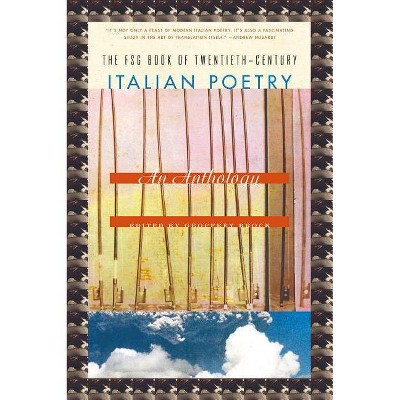Sponsored

Geoffrey Hill and the Ends of Poetry - by Tom Docherty (Hardcover)
In Stock
Sponsored
About this item
Highlights
- The idea of the end is an essential motivic force in the poetry of Geoffrey Hill (1932-2016).
- About the Author: Tom Docherty is an independent researcher who received his PhD from Pembroke College, Cambridge in 2018
- 296 Pages
- Literary Criticism, European
Description
About the Book
This book shows that the poems of Geoffrey Hill (1932-2016) are characteristically 'end-directed', tending constantly towards prosodic and thematic consummations. It offers a new thematic reading of Hill's entire body of work and touches on questions of poetry's ultimate value.Book Synopsis
The idea of the end is an essential motivic force in the poetry of Geoffrey Hill (1932-2016). This book shows that Hill's poems are characteristically 'end-directed'. They tend towards consummations of all kinds: from the marriages of meanings in puns, or of words in repeating figures and rhymes, to syntactical and formal finalities. The recognition of failure to reach such ends provides its own impetus to Hill's poetry.
This is the first book on Hill to take account of his last works. It is a significant contribution to the study of Hill's poems, offering a new thematic reading of his entire body of work. By using Hill's work as an example, the book also touches on questions of poetry's ultimate value: what are its ends and where does it wish to end up?
From the Back Cover
'The lure of conclusion with no notion where to begin'. The idea of the end is an essential motivic force, even a place to begin, in the poetry of Geoffrey Hill (1932-2016). During his life, many echoed Harold Bloom's description of Hill as the 'greatest living poet in the English language'. Yet little has been written about the ends that Hill's poems forge; or those that they seek.
This book shows Hill's poems are characteristically 'end-directed'. They tend towards consummations of all kinds: from the marriages of meanings in puns, or of words in repeating figures and rhymes, to syntactical and formal finalities. The recognition of failure to reach such ends provides its own impetus to Hill's work. This study of Hill's ends is, appropriately, the first to take account of Hill's last works: not only the concluding books collected in Broken Hierarchies: Poems 1952-2012, but also The Book of Baruch by the Gnostic Justin (2019). The book is a significant contribution to the study of Hill, offering a new thematic reading of his entire body of work. By using Hill's work as an example, the book also touches on questions of poetry's ultimate value. What do the technical and formal features of poems entail for their aesthetic finishedness; and for their final worth? What are poetry's ends and where does it wish to end up?About the Author
Tom Docherty is an independent researcher who received his PhD from Pembroke College, Cambridge in 2018Shipping details
Return details
Frequently bought together
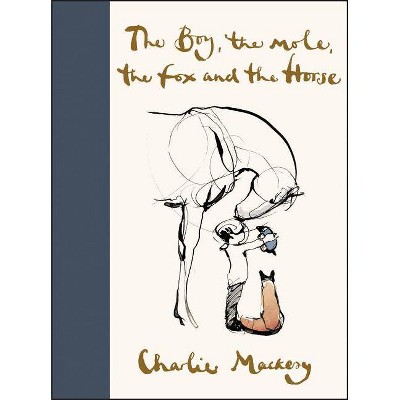

Trending Book Deals






